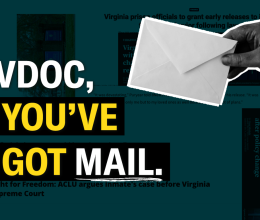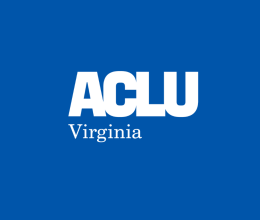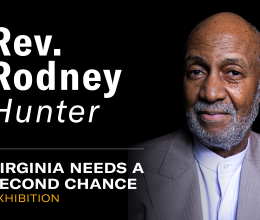Attorney’s Fees For Prevailing Parties, Goldstein v. Moatz (amicus)
Various federal statutes allow plaintiffs to recover attorney’s fees when they are the “prevailing parties” in a civil rights case. The provision of attorneys fees is intended to encourage lawyers to take these kinds of cases, and to ensure that meritorious civil rights cases are brought to court even when the plaintiff is unable to pay for an attorney. However, a recent Supreme Court case drastically narrowed the circumstances under which fees may be awarded. In Buckhannon v. West Virginia Department of Health and Human Resources, the Court held that if a plaintiff, by filing a lawsuit, causes a defendant to voluntarily cease his unlawful activity, the plaintiff is not a “prevailing party.” Richard Goldstein is a patent lawyer who sued the U.S. Patent and Trademark Office for violating his due process rights in the course of its investigation of a complaint against him. After the close of discovery, the PTO offered to voluntarily stop using the disputed procedures, and asked the judge to dismiss the case. The court granted the dismissal and denied R’s request for attorney’s fees. Goldstein appealed. We filed an amicus brief arguing that that Buckhannon does not apply where the defendant has deliberately mooted a case on the eve of trial, having run up the plaintiffs costs and fees for no reason. The case was argued in the Fourth Circuit in January 2006.
Court Documents:
Brief of Amicus Curiae American Civil Liberties Union of Virginia, Inc. in Support of Richard Goldstein






